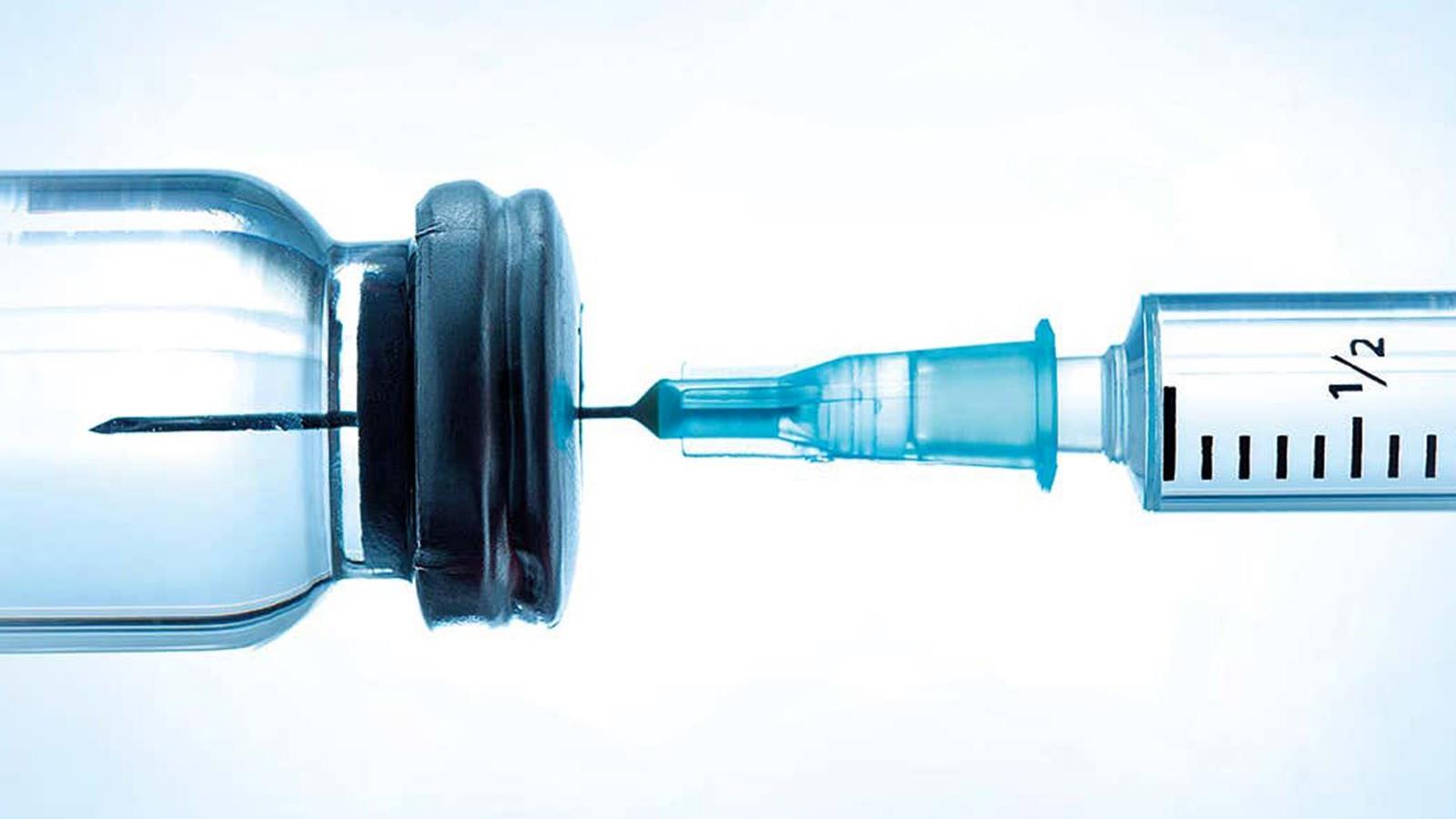

The number of Covid-19 cases in the Middle East and North Africa (Mena) region crossed 4,835,531 on 25 January 2021, according to Worldometers data collated by MEED.
Countries in the GCC comprise 24.6 per cent (1,187,491) of all regional cases, while Iran’s 1,372,977 infections make up 28.4 per cent of the Mena total.

Inoculation efforts are gathering pace in the region as more Mena governments progress in terms of vaccine procurement and distribution.
More than 2.4 million doses of the Covid-19 vaccine have been given in the UAE alone, which has the world’s second highest administration rate for the jab.
On 24 January, the Department of Health – Abu Dhabi approved three new Covid-19 tests to be used in the emergency departments and urgent care centres of healthcare facilities across the capital.
This includes the antigen test, the RT-LAMP test and the saliva test. The saliva test can be used for children in healthcare facilities if a nose swab is not possible.
Abu Dhabi’s announcement came after the Health Affairs and Prevention Ministry announced the approval of the Russian Covid-19 vaccine, Sputnik-V, for emergency use.
The UAE has hosted the third phase of clinical trials of the vaccine, which was developed by the Gamaleya Research Institute of Epidemiology and Microbiology and the Russian health ministry.
It is the third vaccine approved for use in the UAE after Sinopharm (China) and Pfizer-BioNTech (US/Germany).
Preventive measures
Prevention measures are also evolving to meet biosecurity needs in the country. Dubai suspended non-essential surgeries for a month and live entertainment in hotels and restaurants until further notice last week.
The former move is aimed at ensuring the preparedness of health facilities to manage Covid-19 cases.
To date, the UAE has confirmed 277,955 cases of Covid-19, with 251,484 recoveries and 792 deaths.
Precautionary measures are also being enforced in Oman, which extended the land border closures announced earlier this month until 1 February.
Muscat said the move came as the supreme committee to manage Covid-19 noted the country’s epidemiological situation and "the remarkable increase in the number of infected cases and those admitted to intensive care units and hospitals wards, in addition to the lenience observed among some individuals in implementing precautionary measures”.

To date, Oman has confirmed 133,044 cases of Covid-19, with 126,262 recoveries and 1,521 deaths.
Efforts are under way to expand the scope of vaccinations in Bahrain, which on 25 January granted approval for the Oxford-AstraZeneca Covid-19 vaccine, manufactured by the Serum Institute of India under the name Covishield.
Data collected on the UK/UK-German Oxford-AstraZeneca jab shows a 70.42 per cent efficacy rate with minor side effects, such as headache, fatigue, chills and injection site pain.
Covishield is the third vaccine to receive emergency authorisation in Bahrain following Sinopharm and Pfizer-BioNTech jabs.
The update came after Manaf al-Qahtani, member of the National Medical Taskforce for Combating the Coronavirus (Covid-19), announced delays in the delivery of the Pfizer-BioNTech vaccine to Bahrain.
The delivery, which was due to arrive in January, has been rescheduled due to production and supply issues at the manufacturers’ end. Al-Qahtani said, however, that the rescheduled vaccine shipments would not affect citizens and residents receiving the second dose of the vaccine.
Wider Mena
In the wider Mena region, Iran has announced plans to continue the development of domestic Covid-19 vaccines. President Hassan Rouhani said on 23 January: “Early next year we will have three domestic vaccines, [called] Barekat, Razi and Pasteur.”
He added that Iran was working to procure vaccines independent of its participation in the Covax alliance as well.
The Sinopharm and Oxford-Astrazeneca vaccines are making their way around the wider Middle East. Doses of Sinopharm’s coronavirus vaccines are available at quarantine hospitals in Egypt. Vaccines will be prioritised for medical staff in these hospitals. More than 36 centres have been allocated for citizens to be given the vaccine as well, Egypt’s Health Ministry said earlier this week.

Vaccine progress was also noted in the North African region this week when Moroccan authorities began to distribute vaccines ahead of the commencement of a national inoculation campaign in the country.
The first trucks loaded with vaccine doses left the Autonomous Refrigeration Authority of Casablanca (RAFC), where the vaccines are understood to be stored under tight security conditions.
Last week, Morocco received the first batch of the Oxford-Astrazeneca, manufactured in India, with its first consignment of Sinopharm expected later this week.
Morocco has acquired 66 million doses of vaccines, sufficient for 33 million residents, state news agency MAP reported.
You might also like...

Rainmaking in the world economy
19 April 2024

Oman receives Madha industrial city tender prices
19 April 2024

Neom seeks to raise funds in $1.3bn sukuk sale
19 April 2024

Saudi firm advances Neutral Zone real estate plans
19 April 2024
A MEED Subscription...
Subscribe or upgrade your current MEED.com package to support your strategic planning with the MENA region’s best source of business information. Proceed to our online shop below to find out more about the features in each package.




